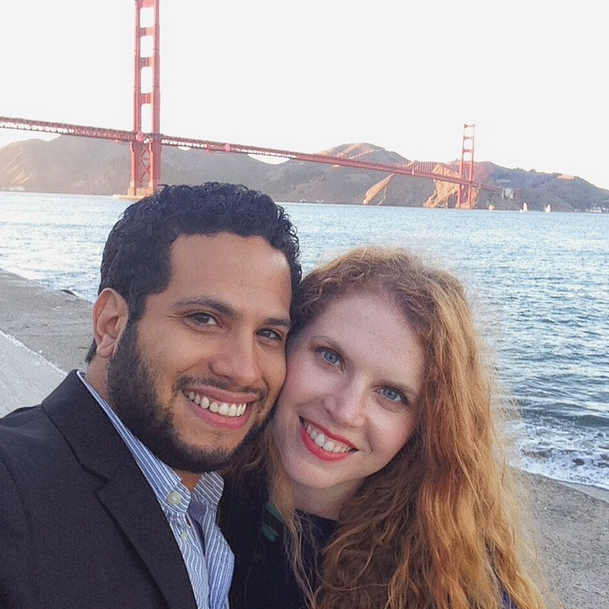Master Your Month: the Ultimate Monthly Shutdown Guide
/At the end of every month/beginning of the next I do a monthly Shutdown Routine. Don't worry, it's not like a government shutdown ;-), it is putting a nice bow on last month's work and life and moving into the new month with intention and organization. Here's the routine:
Make a list of last month’s highlights
List and organize all business expenses from last month
Finalize next month’s budget based on the income from last month
Menu plan the next month’s family dinners
Finalize monthly goals for next month
First I reflect and make a list (I ♥️ a list–you too??) of all the high points of the previous month. This helps me realize how awesome even January was! Instead of letting my feelings lead me, I let the list lead me. It reminds me of all the goodness I experienced from watching a movie I enjoyed (Licorice Pizza!) to helping to host two baby showers. It will help me remember months from now what was great about January (the least popular month of the year.)
Then I do some business housekeeping. One of the worst parts about being an entrepreneur is all the money stuff, but I’ve learned that I can be way more on top of itemizing deductions for tax season if I keep track of it every month. So at the end of every month I review credit card statements and make a list (and a pretty little spreadsheet if I do say so myself) of all my business expenses. This makes it all so much easier in the long run.
Then I finalize next month’s budget. It doesn’t change a ton from month to month, but I do have a fluctuating income due to the nature of my work, so I make sure we have a zero-based budget based on what we earned the previous month. Every dollar gets a home on the spreadsheet for the next month. I do keep budgeting simpler than some folks because I put most expenses on a credit card (that I fully pay off every month!) so we get the passive income of the credit card points that accrue. I never pay for rental cars (and often don’t pay for hotels either) because of these credit card points. I recommend the Chase Sapphire credit card. It has the best perks IMO and is currently offering up to 60,000 bonus points for new customers. That translates to $750 free money when you use it toward travel when redeemed through Chase Ultimate Rewards. Here is my referral link.
And yes, I menu plan all our dinners (and I’m beginning to do lunches too!) before the month even begins. I don’t know if you hate menu planning like I do, but it feels like such a brain power suck when I try to figure it out on a weekly basis. Instead I figure out the main course for all the meals in one fell swoop and then flesh out the details when I'm at the grocery store the week of (if broccoli is in season and I think it pairs well with our meat, then broccoli it is.)
And lastly, I don’t do quarterly goals or annual goals, I do monthly goals based on my big values and priorities for the year. This also gives me the flexibility I need to pivot! The reason monthly goals work well for me is because a month is such a short amount of time, I have to connect my ambitions with my actual schedule. For example, this month I want to read more. So instead of just having an annual goal of reading 50 books, I went in to my calendar yesterday and literally scheduled reading time from 8-9:30pm 3 nights next week. This is where the rubber meets the road in connecting aspirations to reality.
If you want more tips like these to optimize your work/family/life, I want to invite you to consider joining the Hustle & Grace group coaching program. Doors open soon.
Snag your spot on the waitlist to be the first to hear about early bird pricing and get all the details right here.


















